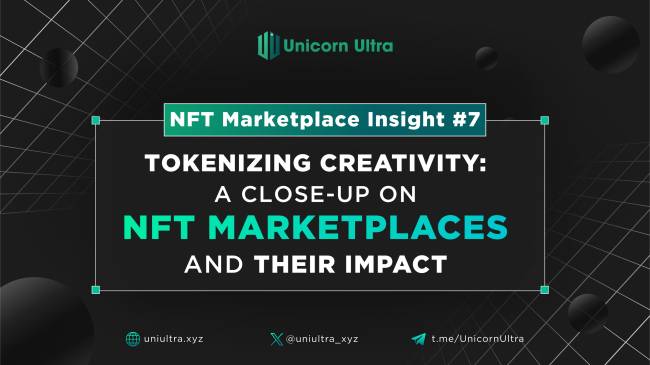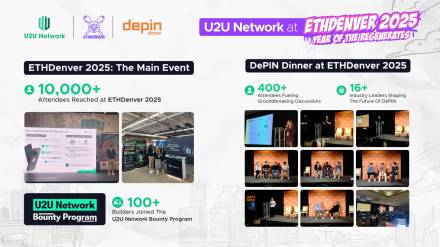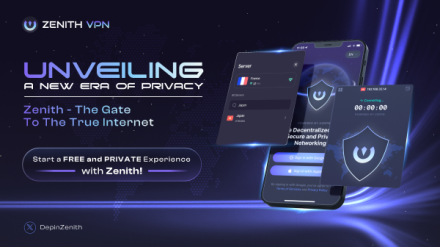In the age of the internet, where information travels at the speed of light and the boundaries of creativity seem limitless, a new phenomenon has taken center stage: NFTs, or Non-Fungible Tokens. These unique digital assets have opened doors for artists, musicians, and content creators that were once unimaginable. But to truly appreciate the significance of NFTs, we must first understand the mechanics of NFT marketplaces.

In this Insight, we delve deep into the world of NFT marketplaces, exploring the specifics of their operation and their profound impact on the creative economy.
The Problem
Before NFTs and their marketplaces emerged, creators struggled to monetize their digital art, music, and content effectively. They were often at the mercy of exhibition rooms or intermediaries who claimed hefty commissions, leaving creators with only a fraction of their earnings. Authenticity and provenance were also persistent issues in the digital world, as artworks could be endlessly copied and shared without the creator's consent.
Diving
NFT Marketplaces: Decentralized Revolution
NFT marketplaces, such as OpenSea, Rarible, and SuperRare, have emerged as the solution to these problems. They operate on blockchain technology, offering a decentralized platform where creators can tokenize their digital assets. But how does this work?
At the core of NFT marketplaces lies the concept of blockchain, a distributed ledger that records transactions securely and transparently. Each NFT represents a unique token on the blockchain, containing metadata that certifies its authenticity and ownership. This metadata includes details about the creator, the creation date, and any additional information deemed relevant.
When a creator mints an NFT, they essentially create a digital certificate of ownership. This certificate is then stored on the blockchain, making it immutable and tamper-proof. Buyers, in turn, can purchase these NFTs using cryptocurrencies like Ethereum, and the ownership of the token is transferred to their digital wallet. The blockchain records this transaction, ensuring a transparent and verifiable history of ownership.
The Role of NFT Marketplaces
NFT marketplaces play a pivotal role in the buying, selling, and trading of NFTs. They act as intermediaries but with a crucial difference: they operate on smart contracts, which are self-executing agreements that automatically enforce the terms of a transaction. These contracts define the rules of engagement, such as the percentage of the sale price that goes to the creator and the marketplace's commission.
Creators can list their NFTs on these platforms, setting their desired price or opting for auctions. The marketplace handles the transaction process, ensuring a secure exchange of digital assets between the buyer and the seller. The smart contract also automates royalty payments to creators whenever their NFTs are resold, providing a sustainable income stream.
Impact on the Creative Economy
NFTs and their corresponding marketplaces have sent ripples through the creative economy. Let's explore the profound ways in which they have influenced various domains.
- Art: NFTs have unlocked new possibilities for artists. They can now reach a global audience without the need for traditional galleries or intermediaries. Artists can also maintain more control over their work and benefit from a fairer distribution of earnings.
- Music: Musicians leverage NFTs to sell their fans exclusive concert tickets, unreleased tracks, and collectibles. This not only boosts their income but also enhances fan engagement and loyalty.
- Digital Content Creation: Content creators, including YouTubers and bloggers, are monetizing their work through NFTs. They can sell limited-edition digital assets or access to exclusive content, offering their supporters a unique experience.
- Environmental Concerns: While NFTs offer a groundbreaking way to monetize digital assets, they have raised concerns about their environmental impact due to the energy-intensive blockchain networks they rely on. Some marketplaces are exploring eco-friendly alternatives, such as Ethereum's transition to a proof-of-stake mechanism.
Final thought
NFT Marketplaces have emerged as a central plot point in the grand tale of the digital revolution. It has revolutionized the way creators monetize their digital assets, offering a transparent and decentralized platform that empowers artists, musicians, and content creators. While they have brought about profound changes in the creative economy, NFTs and their marketplaces also face challenges, including environmental concerns. As this story continues to unfold, it is clear that NFTs are here to stay, shaping the future of the digital creative landscape.
As we delve into this NFT Marketplace Insight by U2U Network, we can recognize how promising NFT and its marketplace are in the Internet era. Don't overshadow our effort by following and waiting for the next insight that we will explore what NFT Marketplace trend will shape the decentralized future.





.png)
